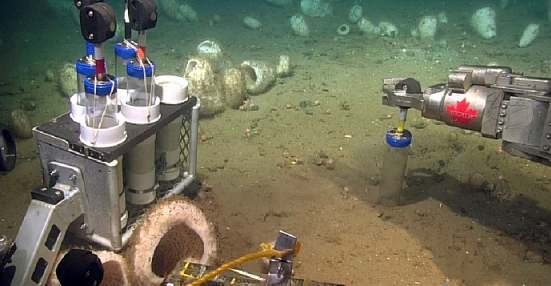
Fractionation of silicon isotopes using sponges for biotechnology (SIFS-B)
Fractionation of silicon isotopes using sponges for biotechnology.

Fractionation of silicon isotopes using sponges for biotechnology.
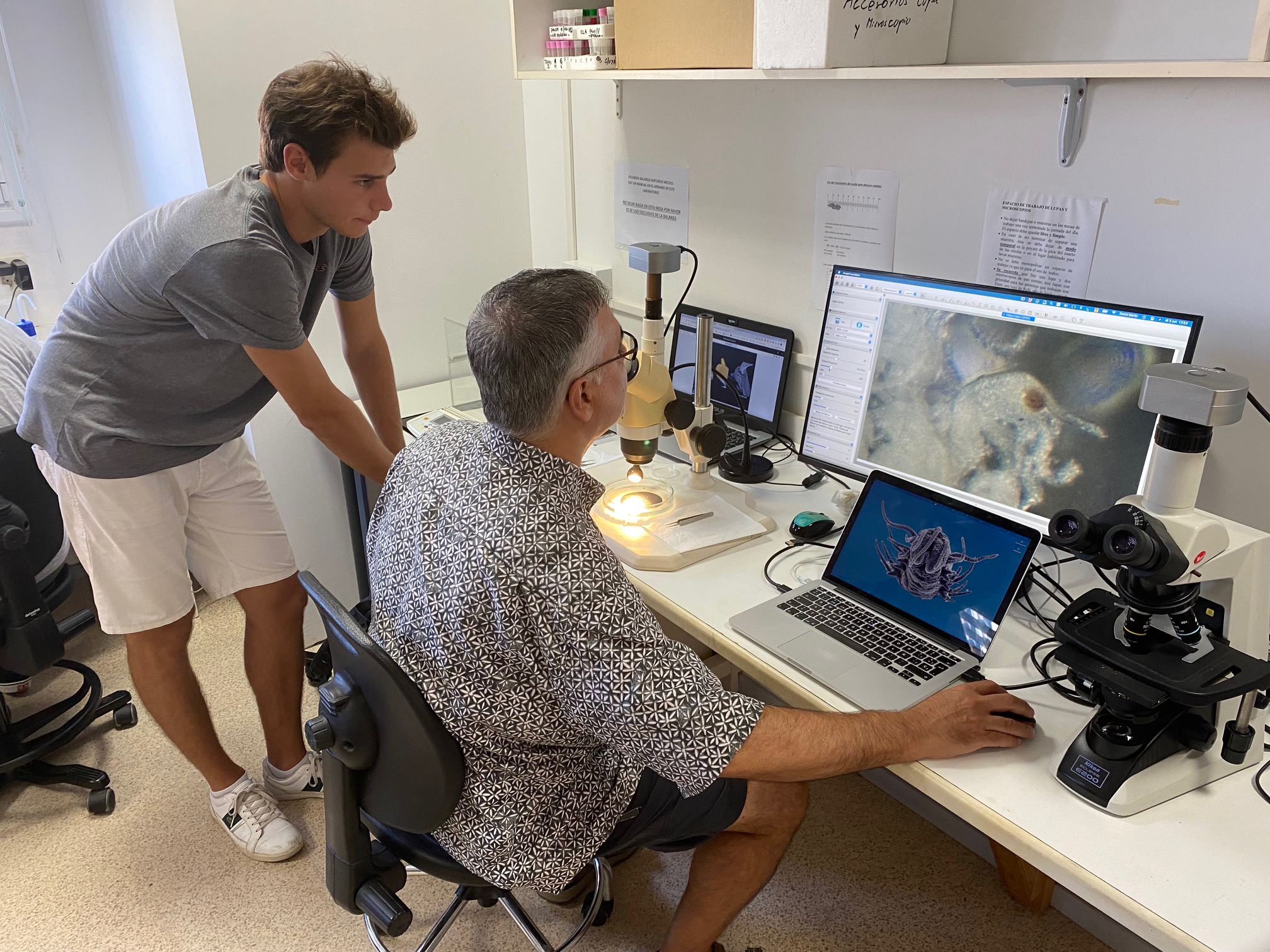
The Distributed System of Scientific Collections (DiSSCo) is a distributed research infrastructure (RI) working towards the digital unification of all European natural science assets under common conservation and access policies and practices to easily realize FAIR data.
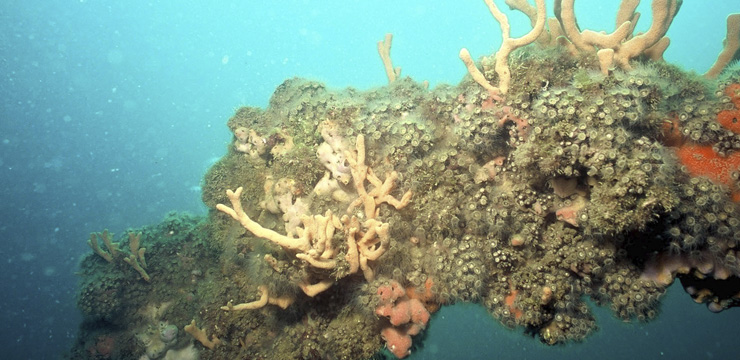
The main objective is to combine artificial reefs based on the innovative Biorock technology with filter-feeding or suspension-feeding benthic organisms (e.g., sponges, ascidians, annelids, scleractinians, hydroidolines, bryozoans) to bioremediate coastal seabeds.
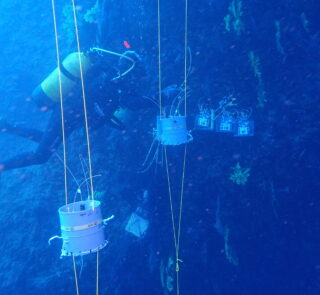
Existing research on coastal blue carbon focuses primarily on carbon sequestration as plant biomass, while the mechanisms that control MOD export and the processes that transform dissolved organic matter (DOM) and recalcitrantly sequester it ( MODR) are largely little known.

TEMPOINVASIONS will use the most advanced molecular tools to analyze sedimentary sequences from well-preserved sites along the Spanish coast (Bay of Cádiz, Cabo de Gata, Ebro Delta). We will focus on the last six centuries since the major translocation of marine species began due to the beginning of transoceanic exploration.
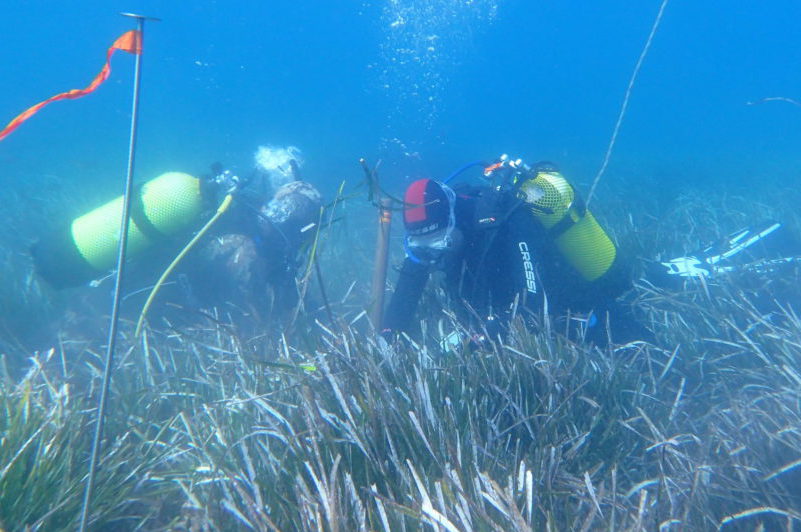
Change in ecosystems occurs over multiple temporal and spatial scales. Discriminating between actual changes, cycles and trends is often difficult or impossible without an adequate temporal perspective, since multiple processes interact at multiple temporal and spatial scales.

MEDCHANGE will use long, detailed and reliable data of relevant structural and functional variables of ecosystems to reconstruct the dynamics of coastal and terrestrial ecosystems, at a Mediterranean scale, when interacting with natural and anthropogenic disturbances.

Per dotar els robots submarins de més autonomia i capacitats, aquest projecte busca millorar i potenciar les seves capacitats cognitives i intel·ligents durant l’exploració del fons marí. SIREC treballarà en primer lloc el mapeig de praderies marines de Posidonia oceànica, un component important dels ecosistemes vinculats al segrest de carboni i, per tant, de gran impacte ambiental i social.
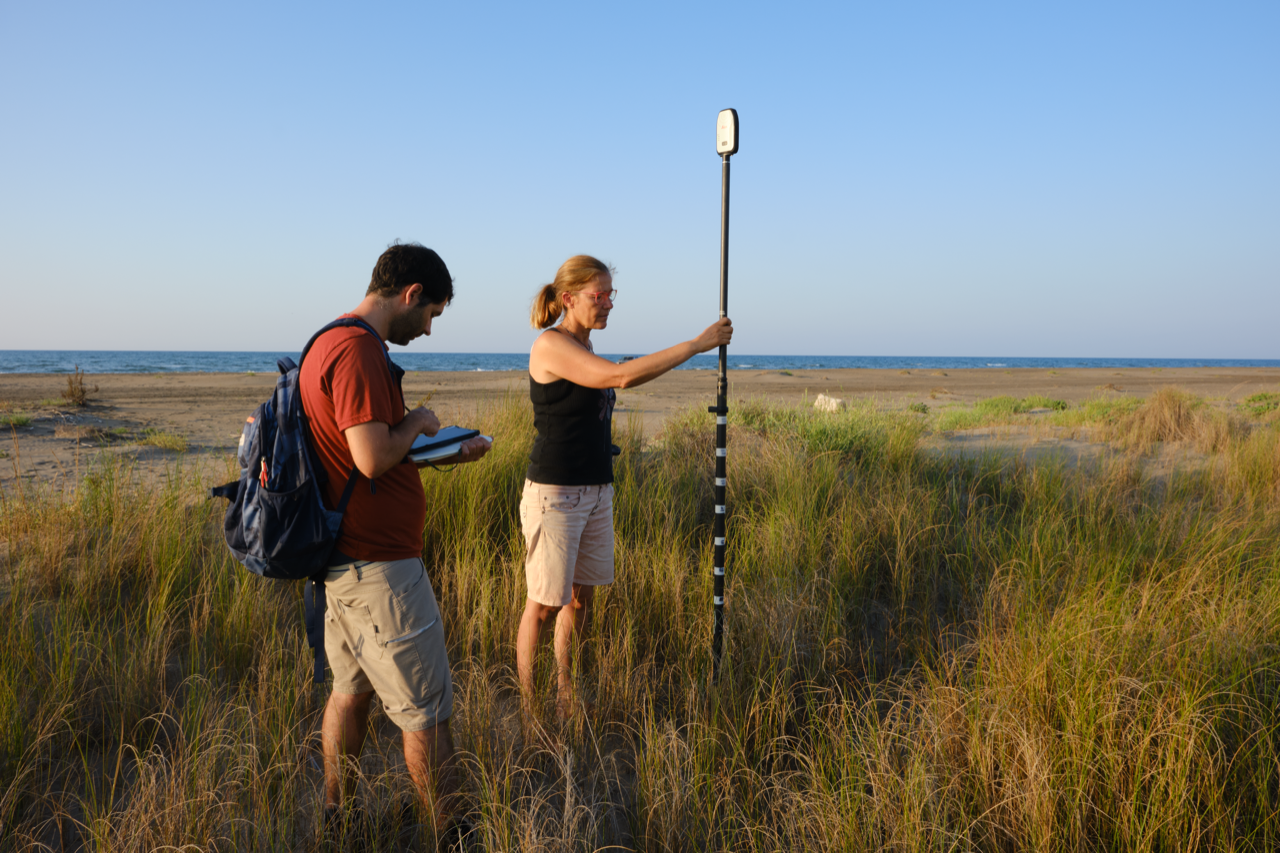
The project, with an explicitly interdisciplinary vocation, seeks, first of all, to document the role of storms as agents of change for Mediterranean coastal vegetation, both emerged and submerged (underwater meadows, marsh vegetation and dunes).
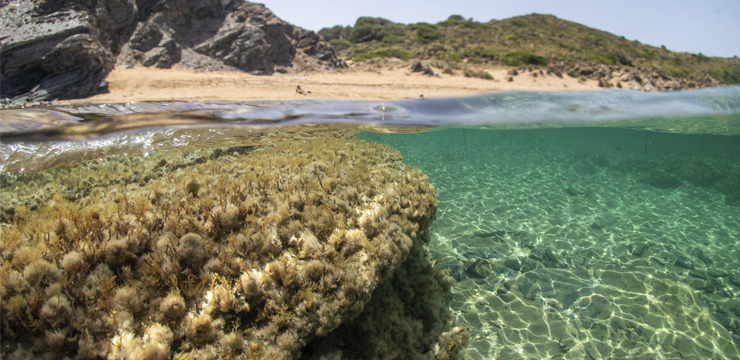
Blue Forests, such as macroalgal forests, seagrass meadows, salt marshes and mangroves, are vegetated coastal habitats that cover enormous areas around the world, providing various types of ecosystem services.
C/ d’accés a la Cala St. Francesc, 14
Blanes – Girona – 17300 (ESPAÑA)
Phone: +34 972 336 101
E-mail: info@ceab.csic.es